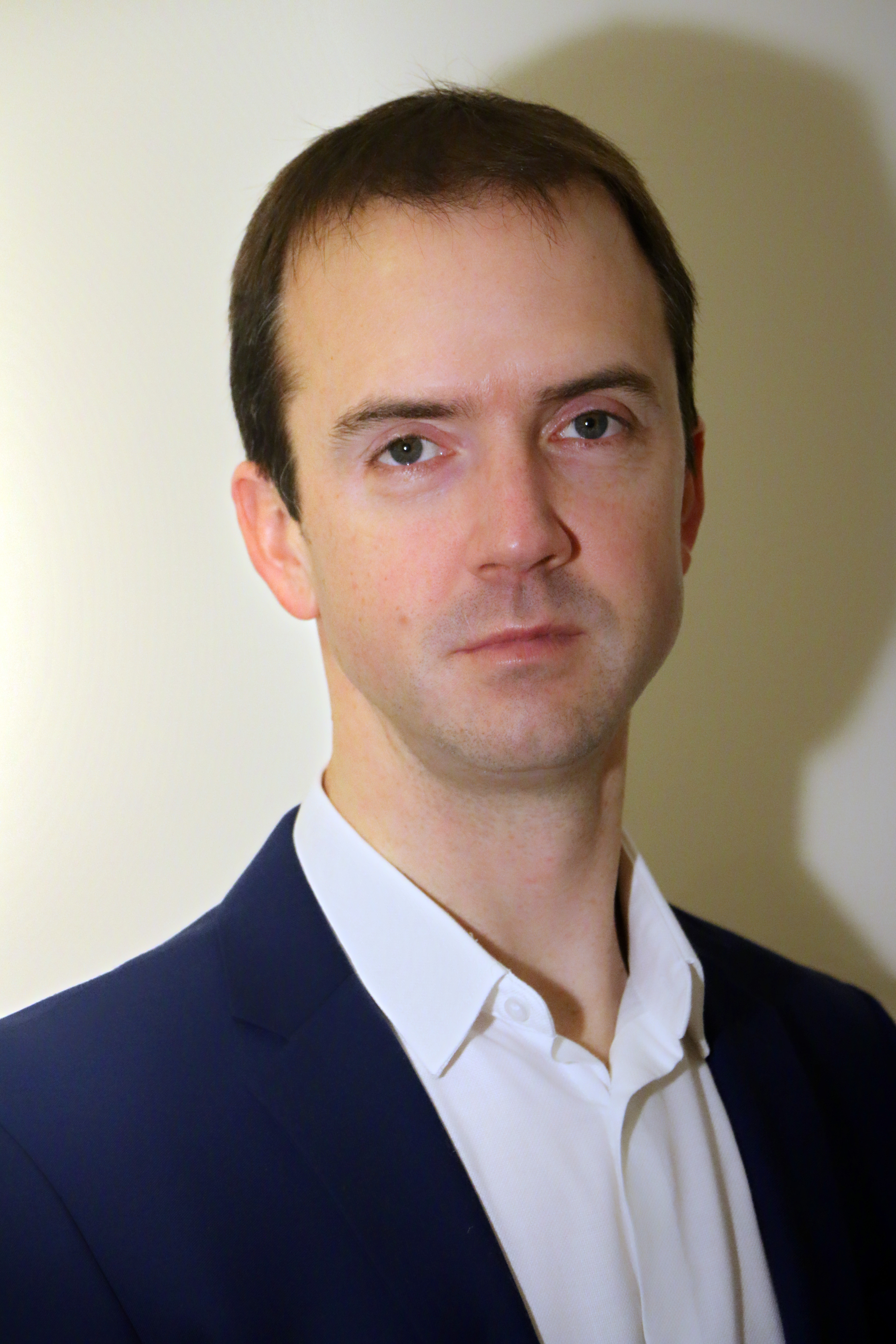Teaching Critical thinking and problem solving skills
This conference will be online:-
- Paul is presenting via webcam, accompanied by slides and activities
- Opportunities for delegate questions and comments
- A short task between the two sessions
- A copy of the slides will be made available after the course, along with further materials
DATE CHANGE : This is a one day course split over two dates; Wednesday 30 June and Thursday 1 July, sessions will be 4pm to 6:30pm on both days.
Support your pupils to think deeper about lesson content
- Do you think your pupils miss valuable opportunities to ‘dig deeper’ into the real meaning of a topic?
- How can we make critical thinking a habit that all learners take on?
- What does the research literature say about higher-order thinking?
- Why it is critical thinking such an important skill to have in the 21st century?
- How can we make sure all of our students are engaging at higher levels?
The significance of engaging pupils in higher-order thinking tasks
All educators enjoy getting their students to ‘think effectively’ and a significant part of the workshop is spent developing classroom approaches that lead to this outcome. A theme that runs throughout the workshop is making thinking visible. This fundamental principle means that we can see thinking happening and by doing so, be in a position to scaffold it. The workshop attempts to draw together strategies into meaningful sequences of learning that have universal, cross-phase applications.
This course is designed for schools who want to develop their cultures of thinking. As well as looking at classroom techniques and strategies, we also unpick how we can make this part of the DNA of our institutions. There is a clear rationale for why adopting critical thinking is imperative for our students. We start by looking at the reasons through an educational lens and also from a wider child development perspective.
Course Outline
Overview of why critical thinking is so important for our current generation of learners
- From an educational perspective, what benefits are there for making my students think harder?
- What do other fields of research say about higher-order thinking and its importance?
- How can we make cognitive science more accessible for our colleagues?
This topic continues to receive significant attention from policy makers and recent reports from organisations like OECD and the CBI have only increased its popularity. There are clear educational advantages from focusing in this area but what does it mean for the workplace and higher education? Having a clear reason to engage in this topic will help you communicate the importance to colleagues and parents.
What constitutes as critical thinking and how do we plan for it to happen?
- Understand what stops critical thinking happening and what cognitive barriers stands in its way.
- What are the main ways we can increase the chance of ‘HOTS’ happening?
- What do the current thinking frameworks tell us about cognition?
We often talk about critical thinking as something we want to accelerate or ‘make happen’. One argument suggests that, we are all predisposed to think critically but environmental and instructional factors hinder it from happening. In this section of the workshop we look at the cognitive science behind critical thinking and how, at the very least, we need to be conscious of its implications.
What strategies are available to us to make critical thinking happen?
The bulk of the workshop will focus on practical activities that help us ‘teach for thinking’. There is no ‘one size fits all’ solution and participants will be encouraged to think about how the various strategies can be woven together into engaging activities.
Strategies will include:
- Visualising thinking - Make it tangible and accessible.
- Higher Order Questioning - A fresh perspective on common classroom practice.
- Collaborative Problem Solving - Thinking with others.
- Reasoning - Critical thinking and manipulating information.
- Digital tools - Critical thinking in online spaces.
How do we know thinking is happening and what does it look like?
There is growing agreement in the research community as to what you will see from your learners if they are, indeed, thinking critically. Participants in this workshop will look at two frameworks that will help them make informed judgements in the classroom.
- What behaviours and language come with higher order thinking?
- How can we begin to move a whole school in a critical thinking direction?
- How can we encourage learners to talk about how they think?
Presenter Profile

Paul Main began working in schools through the large-scale Arts Council Creative Partnerships Program. This research project explored how creativity could be utilised across primary and secondary schools in England. Working across 100 organisations in the North-West of England, he was able to develop a strong sense of what worked in the classroom. Paul joined Futurelab at NFER in 2012 where his work focused on developing critical thinking and metacognitive practice. Supporting schools in developing action research projects, he was able to see first-hand what impact ‘deeper thinking’ had on attainment. During this time he experimented with handheld devices and more traditional approaches to get everyone thinking hard.
Using Research-Evidence in the classroom became the ‘way to do things’ and it was at this time he joined Oliver Caviglioli and Ian Harris on their pedagogical platform ‘Teachinghow2s’. Pauls role was to support schools with utilising the latest research to develop classroom practice. In 2017 he created Structural Learning whose mission it is to get everyone thinking more effectively. He creates resources and professional learning materials for teachers that are dedicated to developing independent learners. His areas of expertise lie in Metacognition, critical thinking and creativity.
Cost: £250 per delegate; £299 for 2 teachers from the same school booking on this course
Booking Form
The information below will be used solely to process your booking. You can see further information on our privacy statement here.